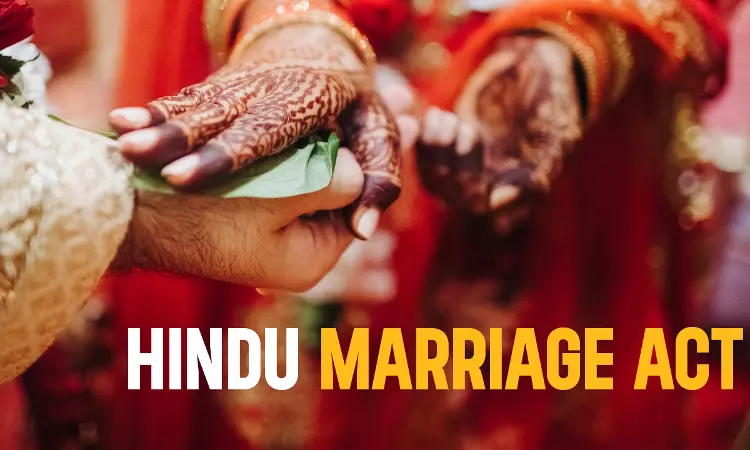S.11 Hindu Marriage Act | Parents Of Husband Can Contest Proceedings For Declaring Marriage Void After His Death: Allahabad High Court
Upasna Agrawal
5 Jun 2024 12:00 PM IST

Next Story
5 Jun 2024 12:00 PM IST
The Allahabad High Court has held that after the death of the husband who had filed for declaration (of marriage as void) under Section 11 of the Hindu Marriage Act, 1955, his parents have a right to pursue the proceedings under Order 22 Rule 3 CPC as such matrimonial disputes include questions of inheritance.While hearing an appeal filed by the wife against the order of the Family Court,...
